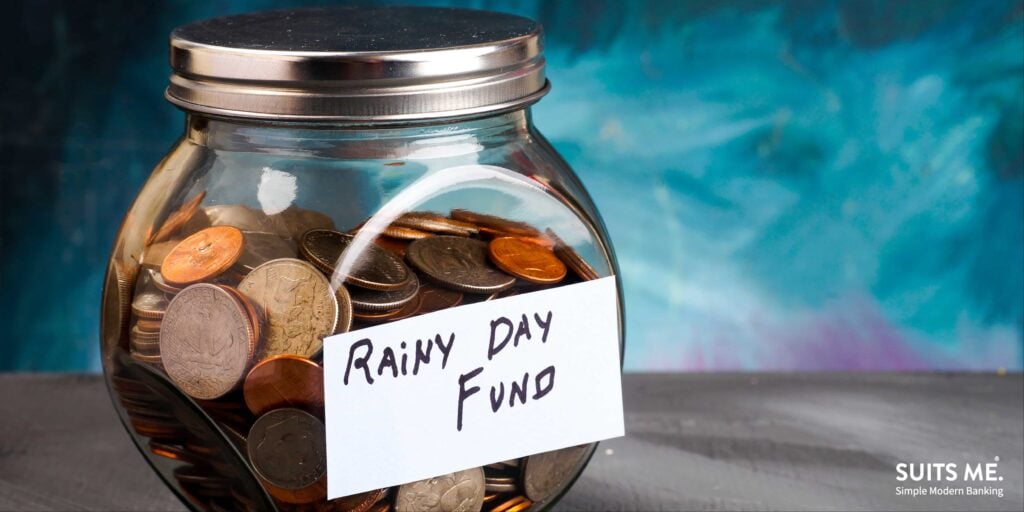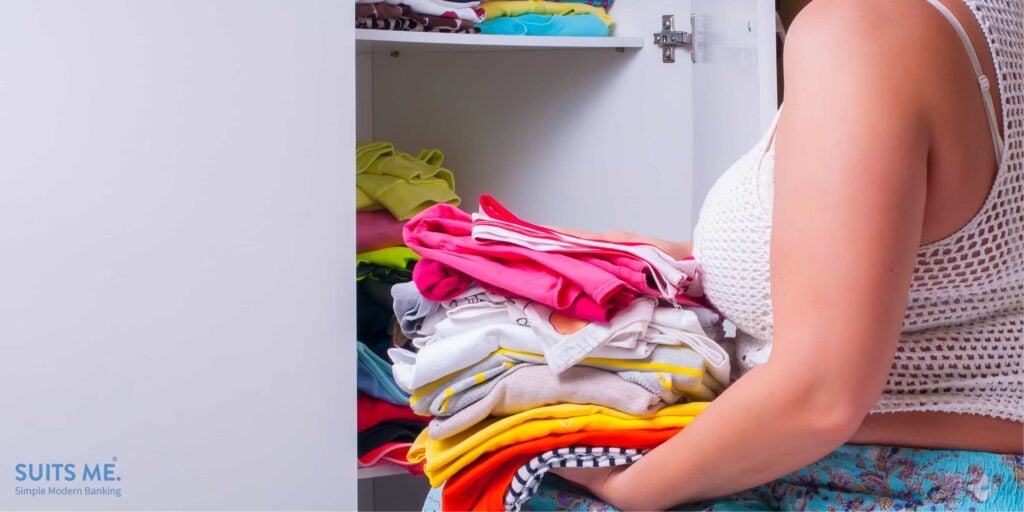
With the coronavirus taking the toll on the world, most of us have been left feeling uncertain about the future and wondering where the next few months will take us. One of the best options to give yourself some financial security quickly would be to embark on a financial fast, this means cutting down on all your nonessential spending and saving a large portion of your income every time you get paid.
After your bills and utilities, set aside at least 50% of your remaining income into a savings envelope or different bank account so it’s not as tempting to spend. With the other 50% of your income, this is what you can use for the essentials and any activities you may have planned.
For the first month, you may want to wait before transferring it over to your savings (this depends on your will power!), but it should be done at the end of the month. You know your bills are paid, and the rest is for living expenses and leisure – areas where you can find ways to cut back on spending.
Practising financial fasting does take hard work and a little bit of creativity, but if you’re willing, it’s certainly the most effective way to save money – trust us, future you will be thankful.
Below we discuss some useful tips that you can use to begin your fasting journey:
Let’s Begin with Food (Mmm!)
Routing through the back of cupboards and focusing on leftovers may not sound like the most exciting thing to do for a midweek meal but it’s worth it to avoid spending unnecessary money.
You could set yourself a target to not buy any frozen food or cupboard essentials until you use everything you already have.
Some other ways to reduce your monthly food bill includes:
- Wasting less food begins at the supermarket – so only purchase what you need, and eat what you buy –
- Batch cooking – which involves cooking meals in larger batches with cheaper ingredients to save costs.
- Adapt a recipe to use what you have – Don’t have any sugar for your cake? Why not try using honey instead? If you don’t always have the right ingredients available but have similar or ingredients that you’ve been wanting to try, why not mix it up and try something new?
- The freezer is your friend – always freeze any bread, fruit, or veggies before they go bad. Remember to cut and prepare your fruit and veg before freezing!
Staying Squeaky Clean for Less
Going through your cupboards should be the first thing you do before buying any more toiletries or cleaning products. It’s surprising what useful products we have hidden away in the bathroom or kitchen.
If you regularly buy cleaning products you could try some natural alternatives, such as lemon, white wine vinegar or baking soda which cost a lot less and are just as effective as branded cleaning products.
When it comes to keeping yourself clean, why not try making your own with some kitchen essentials or collect some free samples to try. Additionally, did you know that you’re only supposed to use 2 teaspoons worth of shampoo when washing your hair (depending on the length, you may need a little more?) So, when it comes to toiletries, there are many ways we could cut back.

Time to Organise and Declutter
Although not everyone loves organising and it certainly isn’t for the faint-hearted – it can actually be a way to not only save money but make some too. By going through your old drawers and cupboards you can discover potential items that you could sell for some extra cash (which is better than letting it gather dust at the back of the drawer!).
Whilst organising, you should aim to be thorough and ruthless with your possessions, only keeping the things you really love and need. If you don’t know where to begin, ask yourself these three questions to help you decide on what to sell and keep:
- Have I used or worn this within the last 12 months? – if no, get rid of it.
- Does it make me happy? – if you don’t know or unsure, sell or donate it.
- If I were shopping right now, would I buy this? – if no, get rid of it. You don’t need it.
When you’ve created your pile of unwanted items, you can then sell on marketplaces such as Gumtree or Depop or donate to charity.
Ask Yourself if You can Wait?
If you run out of something during the middle of the month before you buy a replacement, it’s always worth seeing whether you can go without until the end of the month. For example, if you run out of bread and have the ingredients could you try to bake your own? Or if you run out of certain herbs or spices can you mix it up and try something new instead?
The same applies to impulse buys such as a new pair of trainers or the latest mobile phone. You should always wait at least ten days before buying – You never know, by the time the following month comes around, you may have completely forgotten or realised that you can actually do without. Another useful tip involves waiting for a week before purchasing any non-essential item over £20. Whatever way works best for you.
Are You Ready for the Challenge?
Financially fasting may not be for everyone – it will be a challenge, but it can quickly help you create a rainy-day fund for all those unexpected payments, bills, or mishaps that life throws our way. Plus, you may learn some new techniques to help you save more and spend less along the way and once you’ve tried out our top tips, there’s plenty more to choose from.
Oh, and to help keep you motivated it’s always worth seeing how much you’re currently spending on specific categories – so you know that even a small improvement is good. Just remember, it’s worth trying even once if it means that you’ll be working towards your financial freedom.





